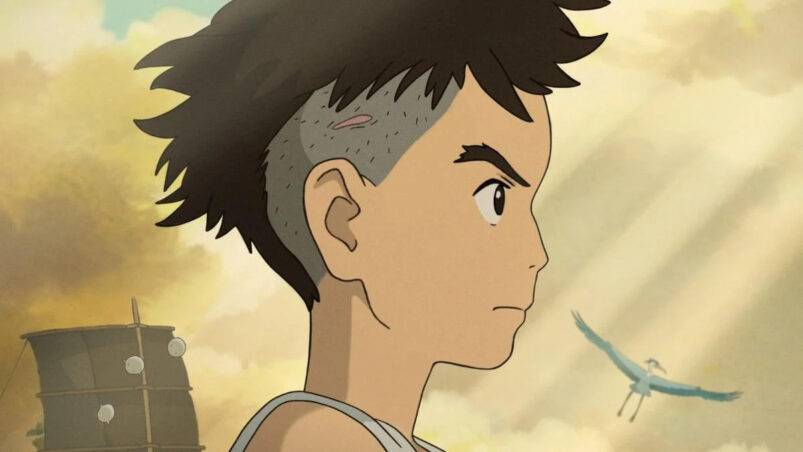One of the biggest surprises of the 96th Academy Awards was that The Boy and the Heron won the award for Best Animated Feature, winning Studio Ghibli its second Oscar and beating fellow nominees Nimona, Elemental, Robot Dreams, and Spider-Man: Across the Spider-Verse. Before this, only one other anime film had ever won the award, and that was Ghibli’s Spirited Away in 2003, nearly 21 years ago.
More than that, though, the Best Animated Feature award has grown to become one of the Oscars’ most predictable categories. Since its introduction in 2001, 23 years ago, 15 of the category’s winners have been either from Pixar or Walt Disney Animation Studios, even when those wins were arguably undeserved. Nobody would’ve been surprised if Elemental had won this year instead, even when the film’s reviews were less than stellar.
The Boy and the Heron had a lot going for it to win this award, though. Firstly, it was written and directed by Hayao Miyazaki, a director known for making some of the best anime films of all time like the aforementioned Spirited Away and Howl’s Moving Castle. Secondly, it was the film that pulled Miyazaki out of retirement, and the director’s reportedly not planning on retiring again anytime soon.
Thirdly, the film was released in Japan without so much as a trailer beforehand and just one poster and the description of it being a “big fantastical film”, and that lack of marketing made the movie achieve some serious buzz. Finally and most importantly, The Boy and the Heron was adored by almost everyone who watched it, earning a 97% on Rotten Tomatoes with an 8.5 average and a 91 on Metacritic.
Rightfully so, too. The Boy and the Heron is an utterly ambitious film, one that’s strange, imaginative, wondrous, complex and simple, while also clear and abstract all at the same time.
A coming-of-age fantasy about a young boy who follows a talking heron into a mystical world hiding within his new home, Miyazaki’s Oscar-winning film tells a story of grief, growing up, and the passage of time so marvelously, there’s no doubt this film will continue to be talked about and analyzed numerous decades from now.
The Boy and the Heron is the film’s English title, but the movie was actually released in Japan with the title, How Do You Live?, named after the eponymous 1937 novel by Genzaburo Yoshino. While a classic in Japan, the book didn’t get a published English translation until 2021, featuring a foreword by Neil Gaiman which included a statement on how the novel inspired Hayao Miyazaki for his then-upcoming film.
While the movie is far from a direct adaptation, the protagonist Mahito does read the book after finding it was left behind by his deceased mother, and many of the movie’s elements show clear influences from the book.
“Children understand intuitively that the world they have been born into is not a blessed world,” Miyazaki once said in 2005. Both The Boy and the Heron and How Do You Live? feature 15-year-old protagonists, but while the latter’s protagonist is wide-eyed, upbeat, and full of life, the former has experienced too much at such a young age to be anything like him.
Still, both their narratives are shown through a lens of curiosity and innocence, as both boys deal with parental loss, friendship, creating, and what it means to be human. “Human beings must be human,” the book proudly proclaimed. “Even between perfect strangers, human relationships have to be human.”
While Spider-Man: Across the Spider-Verse was the fan favorite nominee for Best Animated Feature, that film was also the first half of a full story, and it felt incomplete in a way The Boy and the Heron doesn’t. Elemental barely takes advantage of its fantasy setting the way The Boy and the Heron does, Robot Dreams doesn’t have its jaw-dropping imagery, and Nimona doesn’t have the consistency of its tone.
All these nominees have good and even great elements in them, but The Boy and the Heron truly is in its own league, and the way it explores its world and themes displays a level of craftsmanship that only a skilled director like Miyazaki can make seem effortless. No other nominee deserved to win Best Animated Feature like this film did.
READ NEXT: Netflix’s Avatar: The Last Airbender – At Least They Didn’t Call Him ‘Ong’
Some of the coverage you find on Cultured Vultures contains affiliate links, which provide us with small commissions based on purchases made from visiting our site.

